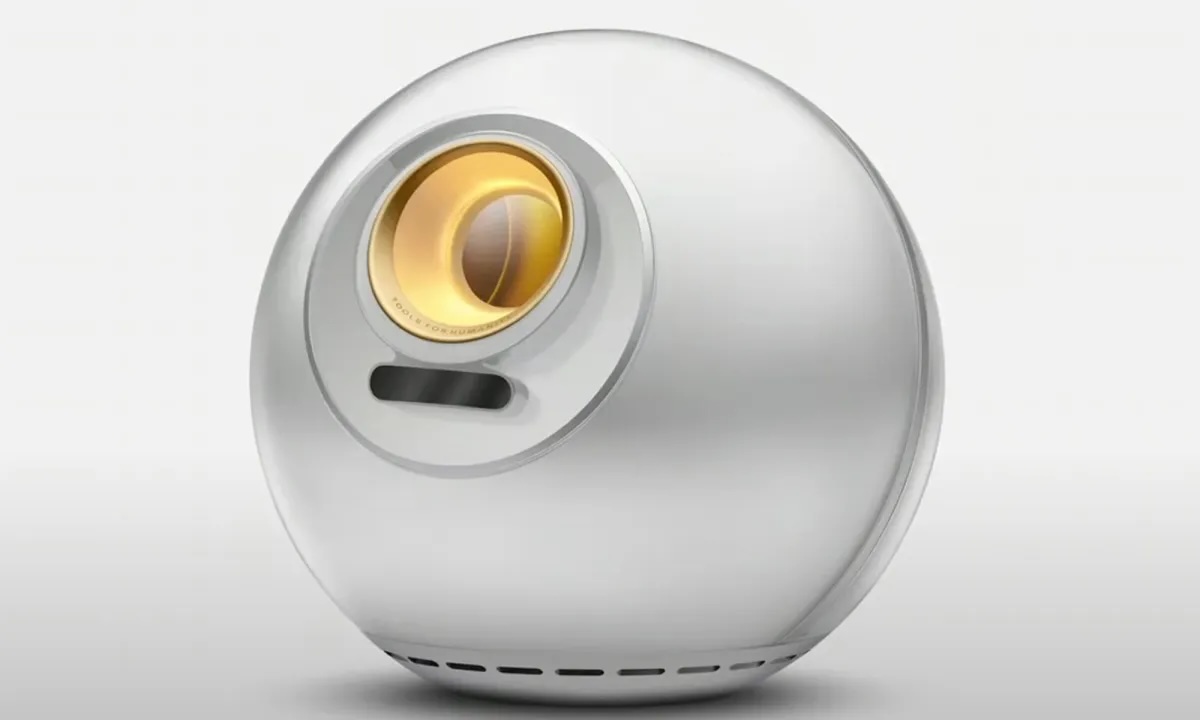
The World project wants your iris scan to be your login for pretty much everything, and it's now launching in some parts of the US.
In return for your participation, you'll get free cryptocurrency.
Would you be willing to stare into this sci-fi sphere in exchange for some cryptocurrency? Sam Altman of OpenAI thinks so, and the World / Worldcoin project he co-founded is betting on it.
The device is called an Orb and works as an iris scanner. When you stare into it it scans your eye to create a "digital passport" called a World ID. The goal is for that digital passport to become your authenticator for web, mobile and other apps, and for you to use Worldcoin to buy things.
In exchange for the scan, you get a little bit of Worldcoin cryptocurrency that you can save or spend. There's 16 WLD on offer, which is currently worth about $17.30 / £12.97 / €15.27 / AU$27.09.
The project has already attracted concerns over privacy, so much so that the iris scanning practice has been banned in Hong Kong and Brazil. But it's pressing ahead in other countries and Altman's organisation, Tools for Humanity, is now launching Worldcoin and the Orbs in the US.
What is World actually launching?
As of today, US residents will be able to join the programme that has already launched in other parts of the world. The plan is to have 7,500 Orbs scanning Americans across the country, with proximity to around 180 million people. Orbs will be placed in the kinds of places you already go to, such as coffee and corner shops.
World has also announced plans to launch a Visa debit card that will connect to the World app, enabling you to spend your cryptocurrency anywhere that accepts Visa. Merchants wouldn't be paid in cryptocurrency, but in traditional money.
It'll be interesting to see whether Tools for Humanity can persuade ordinary people that it's worthwhile, and that their biometric information is safe: the organisation says it doesn't store the iris scans themselves and that your data is encrypted.
But some privacy watchdogs have expressed serious concerns about the data being collected and how it might be used. For example, Hong Kong's Privacy Commissioner for Personal Data said that "the face and iris images collected by the Worldcoin project were unnecessary and excessive" and that the organisation's 10-year data retention plan, which would use people's data to train AI, was "too long".
But then, the allure of cash might prove too tempting for many.







